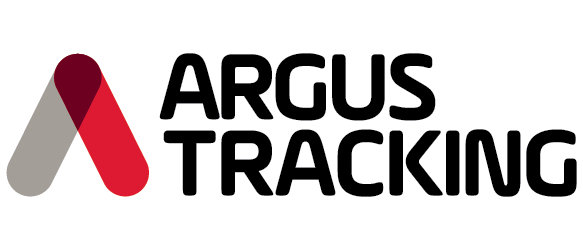Implementing GPS tracking and fleet management systems has become essential for fleet operations, enhancing safety, and boosting overall efficiency. However, introducing this technology to the workplace can be met with resistance, particularly from employees who may be concerned about privacy issues.
In this blog, we’ll explore how fleet managers can navigate this topic and successfully implement GPS tracking while addressing employee concerns.
Understanding Employee Apprehensions
It’s important to acknowledge that employees may have reservations about being tracked during work hours. Common concerns include privacy invasion, distrust, and fears of micromanagement. While these concerns are valid, it’s crucial to communicate that GPS tracking is not about infringing upon personal privacy but rather a strategic move to improve fleet efficiency, safety, and overall performance.
Transparent Communication
The key to a successful implementation is transparent communication. Fleet managers should clearly articulate the reasons behind the introduction of GPS tracking, emphasizing the benefits to the organisation as a whole. Highlighting how the technology will streamline operations, reduce fuel consumption, enhance safety measures, and contribute to overall cost savings can help employees understand the broader picture.
Incorporating GPS Tracking into Employment Contracts
To further underscore the organisational commitment to transparency and fairness, consider incorporating GPS tracking clauses into employment contracts. Clearly outline the purpose of tracking, the specific data that will be collected, and how it will be used. Emphasize that the primary goal is to enhance operational efficiency, not to monitor individual actions.
Employee Benefits and Incentives
Turn the conversation from surveillance to empowerment by highlighting the benefits that employees can experience with the introduction of GPS tracking. Improved route planning can lead to reduced driving time, lowering stress levels and contributing to a better work-life balance. Additionally, the data collected can be used to recognise and reward high-performing drivers, fostering a positive work environment.
Training and Support
Provide comprehensive training on how GPS tracking works and address any technical concerns employees may have. Emphasize that the technology is a tool to support their work, not a means of control. Encourage an open-door policy for employees to voice their concerns and provide reassurance that their feedback will be taken into consideration.
Five Key Discussion Points
It’s not about tracking you, it’s about tracking the vehicle: One of the most important things to clarify is that GPS tracking is not about monitoring individual employees, it’s about keeping tabs on the company vehicles for various reasons, such as driver safety, security, fuel usage optimisation, and efficient journey planning.
Prioritising employee safety: GPS tracking is a tool that ensures the safety of everyone on the road. By monitoring vehicle speed and location, employers can respond promptly to emergencies, accidents, and breakdowns, ultimately keeping their employees safe.
Preventing theft and unauthorised vehicle use: GPS tracking can act as a deterrent to theft and unauthorised vehicle use. This means not only protecting company assets but also reducing the risk of employees’ personal belongings being stolen from company vehicles.
Enhancing fuel efficiency: Efficient fuel usage benefits everyone. GPS tracking enables companies to monitor fuel consumption, identify wasteful practices and ultimately reduce their carbon footprint. In turn, this can help keep costs down and potentially lead to benefits like bonus incentives.
Smarter journey planning: By analysing GPS data, employers can optimise routes and schedules, making it easier for employees to plan their workdays. This can reduce stress, increase productivity, and improve work-life balance.
Conclusion
Introducing GPS tracking and fleet management to the workplace is a strategic move that can significantly benefit the organisation. By approaching the implementation with transparency, addressing privacy concerns, and emphasizing the positive impact on both the company and its employees, fleet managers can navigate this transition successfully.
Remember, it’s not about monitoring individuals, it’s about steering the entire fleet toward a more efficient and prosperous future.
Need some guidance? Chat with our team today for more information.



